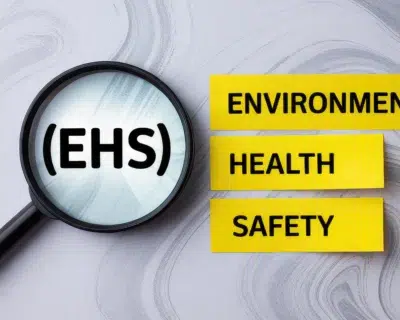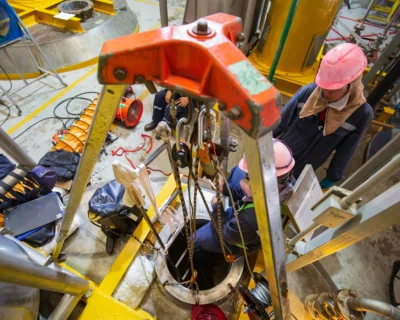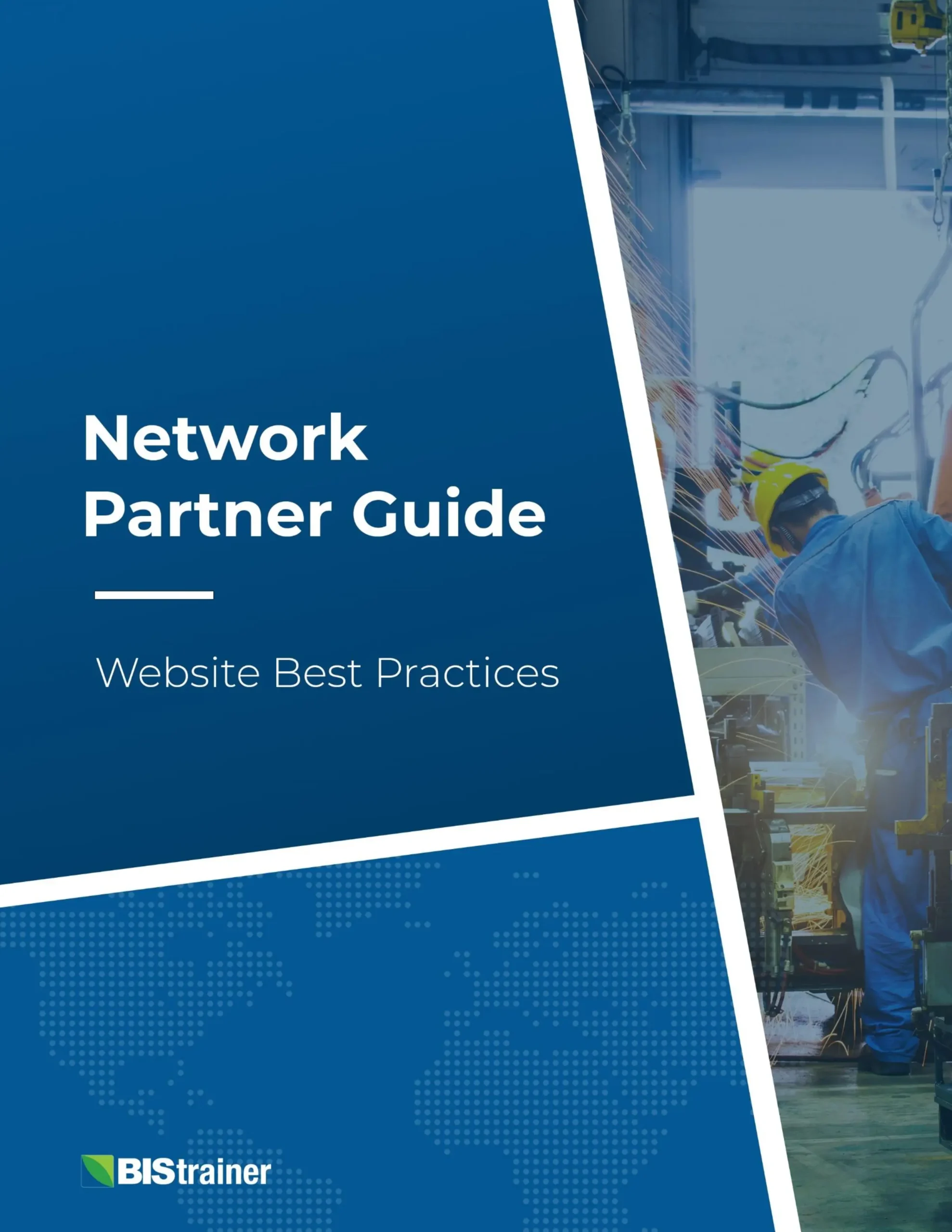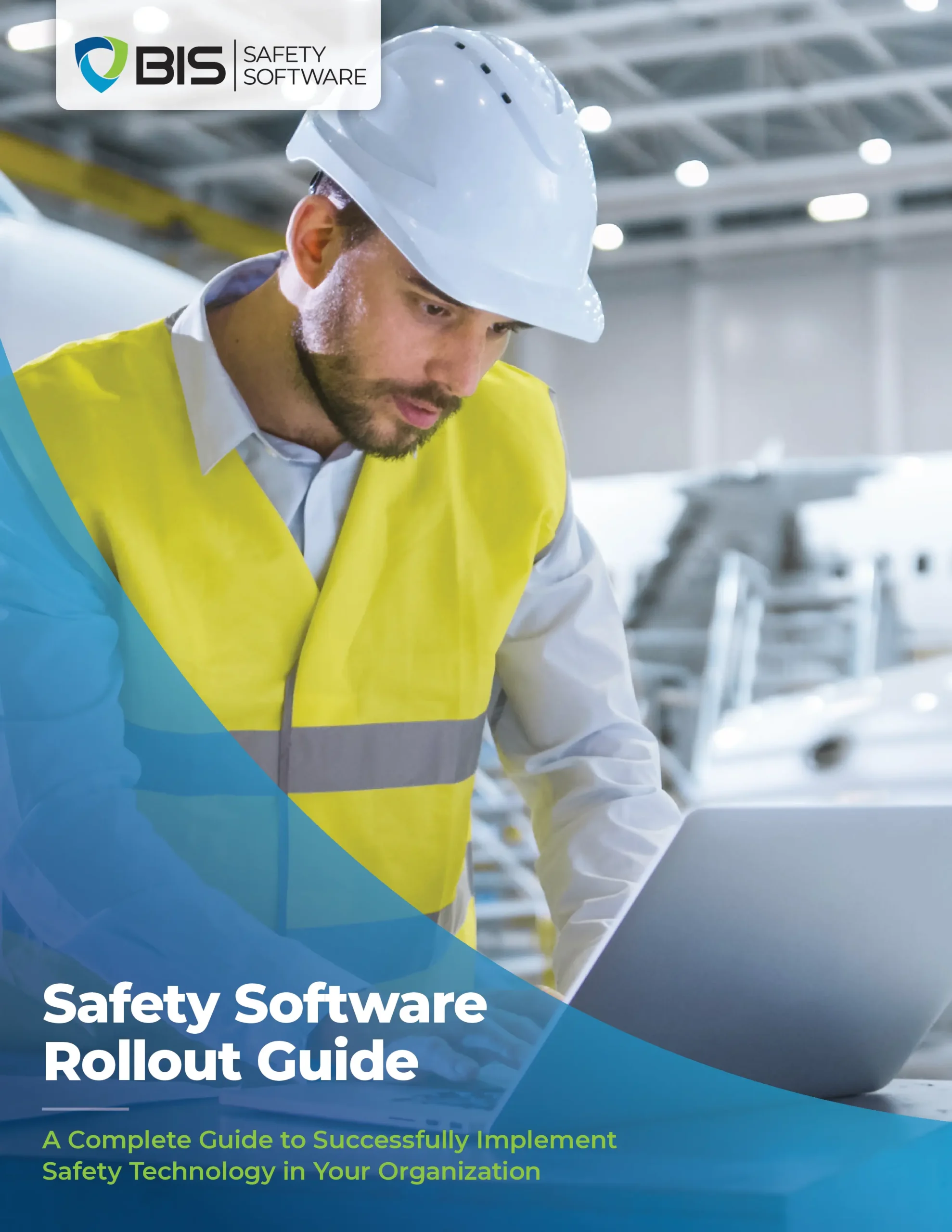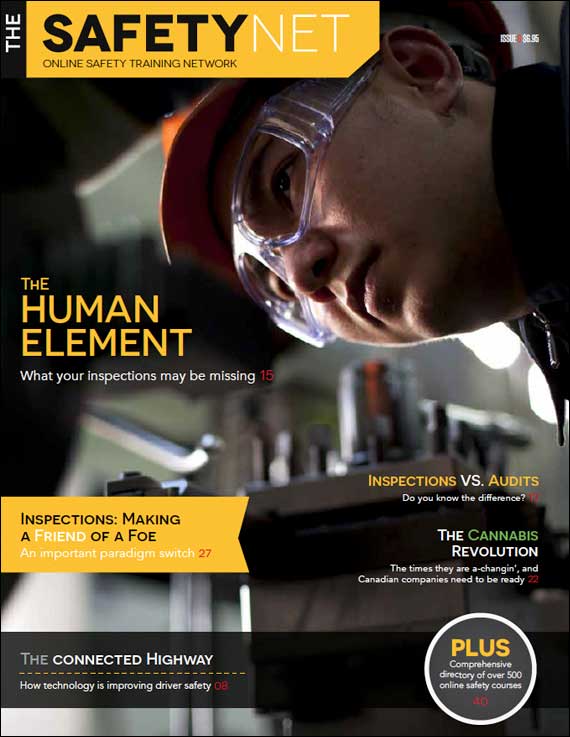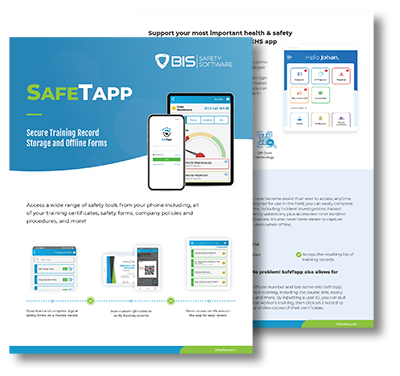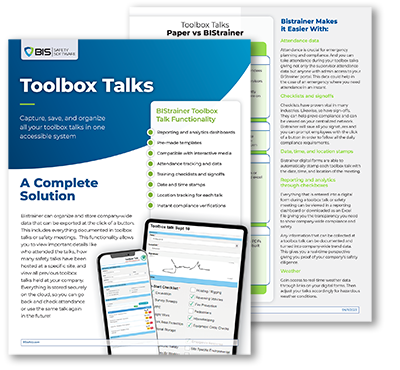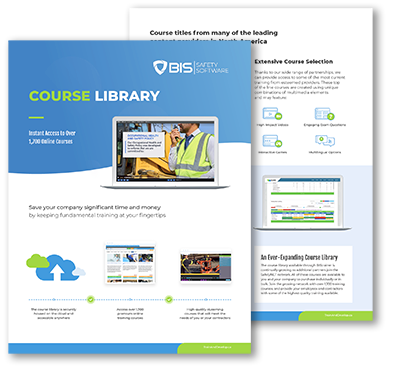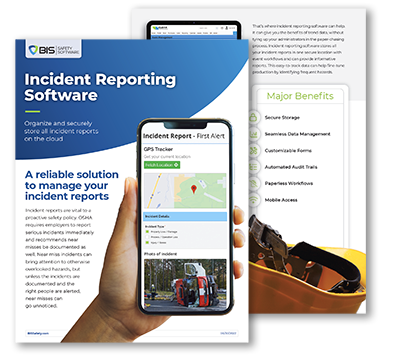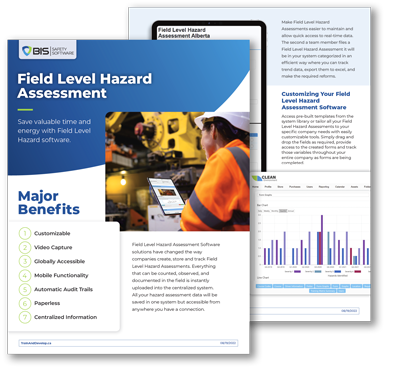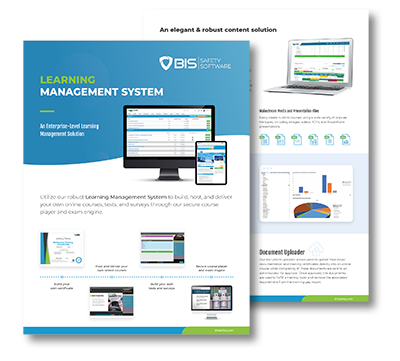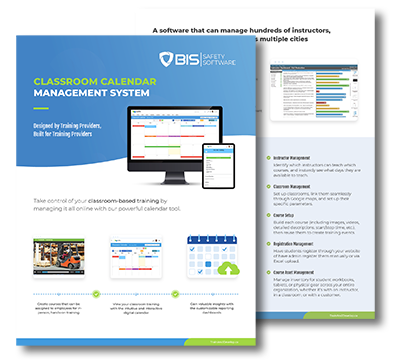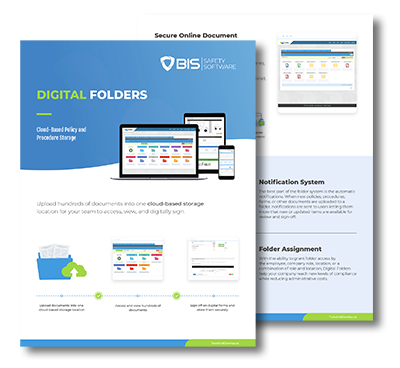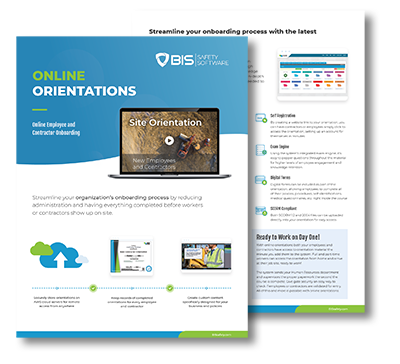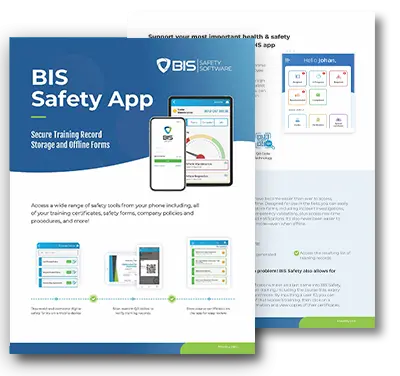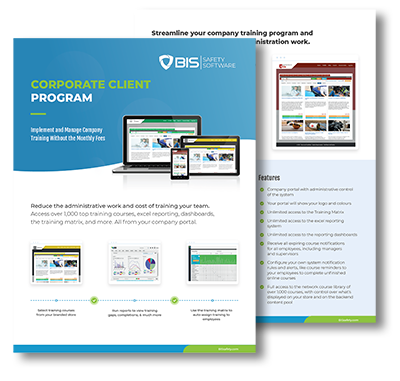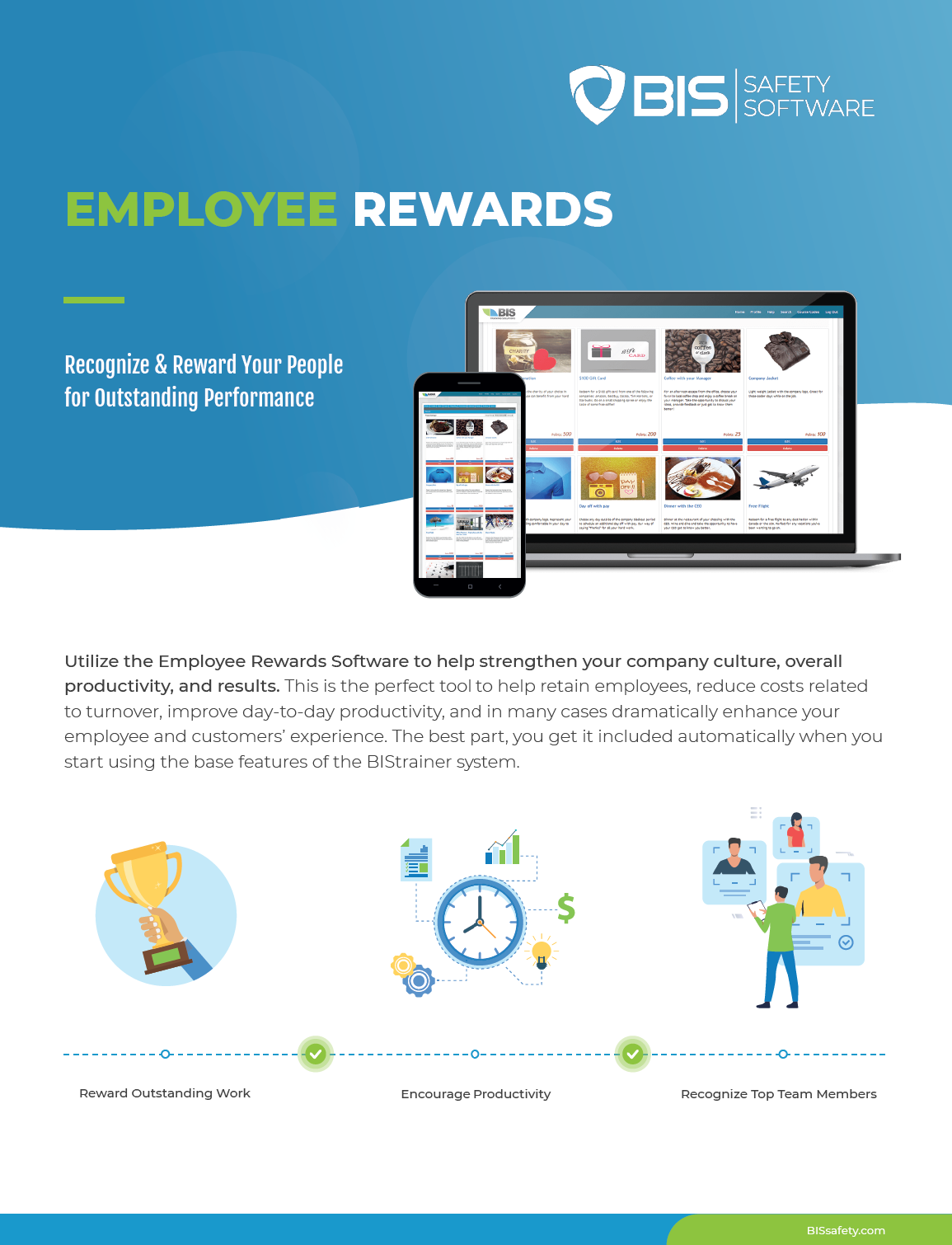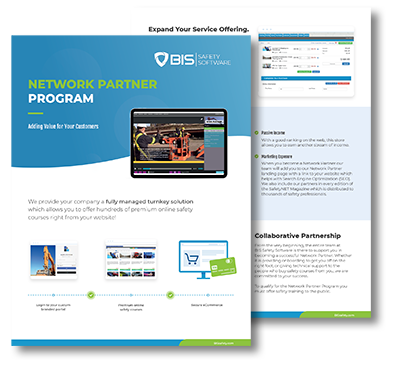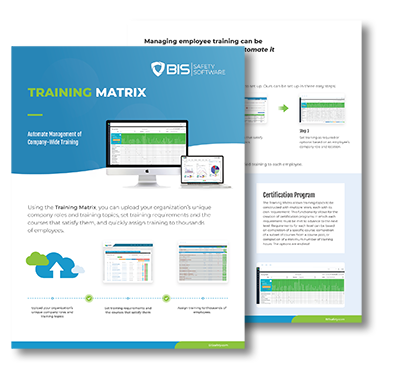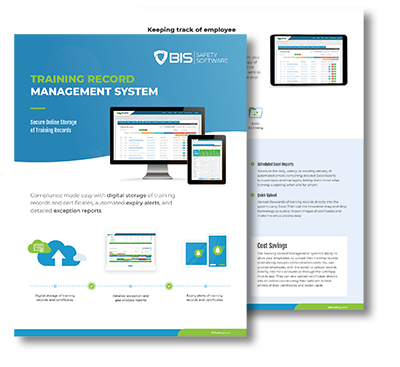
Building Reliable Teams: Situational Awareness, Psychological Safety, and Learning Reviews with Jake Mazulewicz
What connects Army parachute jumps, dumpster fires, and Navy ship operations to building reliable teams?
For human reliability expert Jake Mazulewicz, the answer is simple: everything.
In this episode of Safety Spotlight, Jake shares the unconventional path that shaped his career, starting as a volunteer firefighter and EMT, moving into life as a paratrooper, earning a PhD, and eventually becoming a trusted human performance advisor for utilities and technical organizations across North America. His experiences push safety leaders to look beyond formal procedures and pay closer attention to how work actually unfolds in the field. The people closest to the tools and equipment often have the deepest understanding of real-world risk.
“Trust is earned one drop at a time, but it disappears by the bucket.”
Jake explains his Scan versus Focus framework, a practical way to strengthen situational awareness on complex jobs. He outlines why individuals cannot maintain broad attention and deep concentration simultaneously, and how high-reliability teams intentionally pair “scanners” and “focusers” to cover both perspectives. He also walks through how to run after-action reviews that emphasize learning instead of blame, and why most organizations should spend far more time debriefing work that succeeds rather than only investigating failures.
A consistent theme in the conversation is that leadership grounded in reliability relies less on policing rules and more on building trust, encouraging curiosity, and creating the psychological safety needed for frontline workers to speak openly about challenges. Jake offers simple questions leaders can start using right away to draw out meaningful insights from everyday work.
We also explore ideas from Jake’s book, Seven Practical Steps: How to Build Reliability, Safety, and Trust in Technical Teams, and discuss how organizations see better performance when they treat safety culture as an integral part of overall culture rather than a standalone initiative.
This episode provides clear, actionable guidance for leaders who want to improve team reliability, deepen their understanding of real-world work, and strengthen the learning environment inside their organization.





